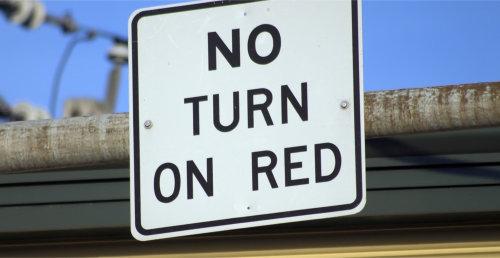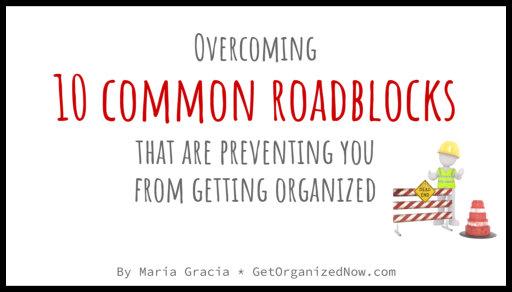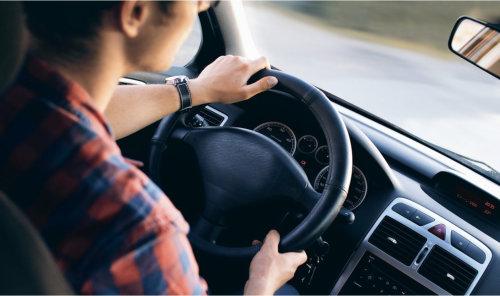Yesterday, while driving to a nearby outlet mall, I saw someone getting pulled over by a
police officer. I'm fairly certain it was because they ignored the "No Turn on Red" sign. I've seen many drivers make this mistake, despite the signs being hard to miss—there are two of them!
It's disheartening to see so many people take the risk of turning on red
at this intersection. Not only does this behavior increase the likelihood of receiving a ticket, but it also raises the risk of causing an accident. Road signs are there for a reason.
Driving is a routine part of our lives, but it comes with responsibilities and
potential challenges. Being pulled over by law enforcement is one such challenge that can be inconvenient, time-consuming, and potentially costly.
However, by practicing safe driving habits and knowing how to handle a traffic stop, you can reduce the likelihood of
encountering this situation.
Here are a bunch of organized ways and proactive steps to avoid getting pulled over...and what to do (and not to do) if you find yourself facing a traffic stop.
1. Know and Follow Traffic Laws: The first line of defense against getting pulled over is to know and obey traffic laws. Familiarize yourself with speed limits, traffic signals, and other regulations specific to your area.
Always drive within the legal limits.
2. Pad Your Time. Speaking of speed limits, leave early enough to get to your destination so you don't feel like you're
rushing!
When you're running behind or late, it's easy to drive faster than normal, which is never a good idea.
Better to arrive late than to race to your destination and put yourself and others at risk!
3. Maintain Your Vehicle: A well-maintained vehicle reduces the likelihood of being pulled over. Regularly check your lights, brakes,
tires, and other essential components to ensure they are in proper working condition.
Broken equipment, such as a damaged taillight or cracked windshield, can attract unwanted attention from law enforcement. Keep your vehicle in good shape to minimize the risk of
being stopped for preventable issues.
4. Drive Defensively: Defensive driving not only prevents accidents but also helps you avoid getting pulled over. Stay alert, anticipate hazards, and maintain a safe following distance from other vehicles.
Avoid aggressive maneuvers such as tailgating or sudden lane changes, which can increase your chances of being stopped.
5. Avoid Distractions: Distracted
driving is a leading cause of accidents and can attract the attention of law enforcement.
Keep your focus on the road and avoid distractions such as texting or adjusting the radio while driving.
Even glancing at your cell phone briefly is a big no-no. It only takes a second for an unnecessary tragedy to occur.
If you need to attend to something, pull over to a safe location first.
6. Be Courteous to Other Drivers: Showing respect to other drivers can prevent conflicts on the road. Use your turn signals, yield to pedestrians, and avoid aggressive behavior.
Maintain a calm demeanor to decrease the likelihood of being pulled over for confrontational behavior.
What to Do (and Not to Do) if You
Are Pulled Over:
Do:
-- Pull over to a safe location as soon as it is safe to do so.
-- Turn off your engine and roll down your window.
-- Keep your hands visible on the steering wheel to show you are not a threat.
-- Follow the officer's instructions calmly and respectfully.
-- Provide your license, registration, and proof of insurance when asked.
-- If you disagree with the ticket, handle it through the appropriate legal channels rather than arguing with the officer at the scene.
Don't:
-- Panic or attempt to flee from the officer.
-- Make sudden movements that could be perceived as a threat.
--Argue with the officer or become
confrontational.
-- Reach for items in the car without informing the officer first.
-- Resist or obstruct the officer in any way.
Being pulled over can be a stressful experience, but by practicing safe driving habits and knowing how to handle a traffic stop, you can minimize the likelihood of encountering this situation.
P.S. A
friend of mine was recently almost in an accident because her reusable water bottle would not fit in the cup holder of her vehicle. She had it on the passenger seat and it rolled away from her a bit. When she reached over to grab it, while driving, she nearly missed hitting a deer that jumped out in front of her car. Any water bottles in your car should be able to be accessed without you having to glance away from the road. If your water bottle doesn't fit in your cup holder, here is a cup holder expander.












